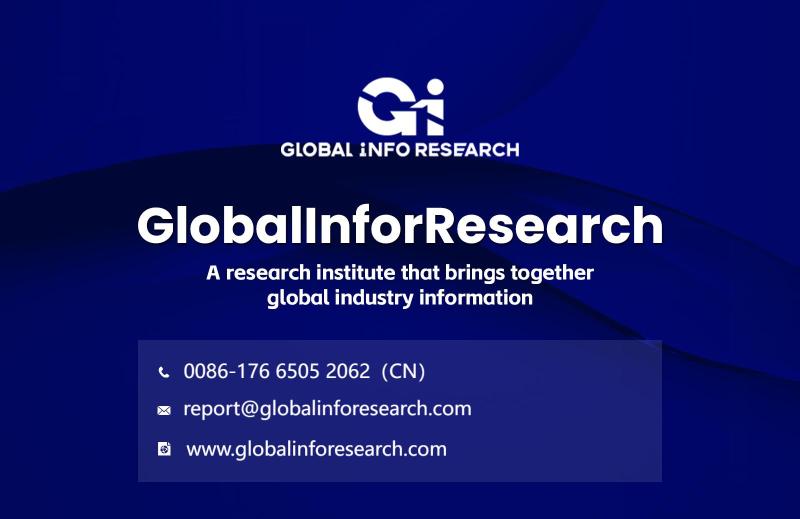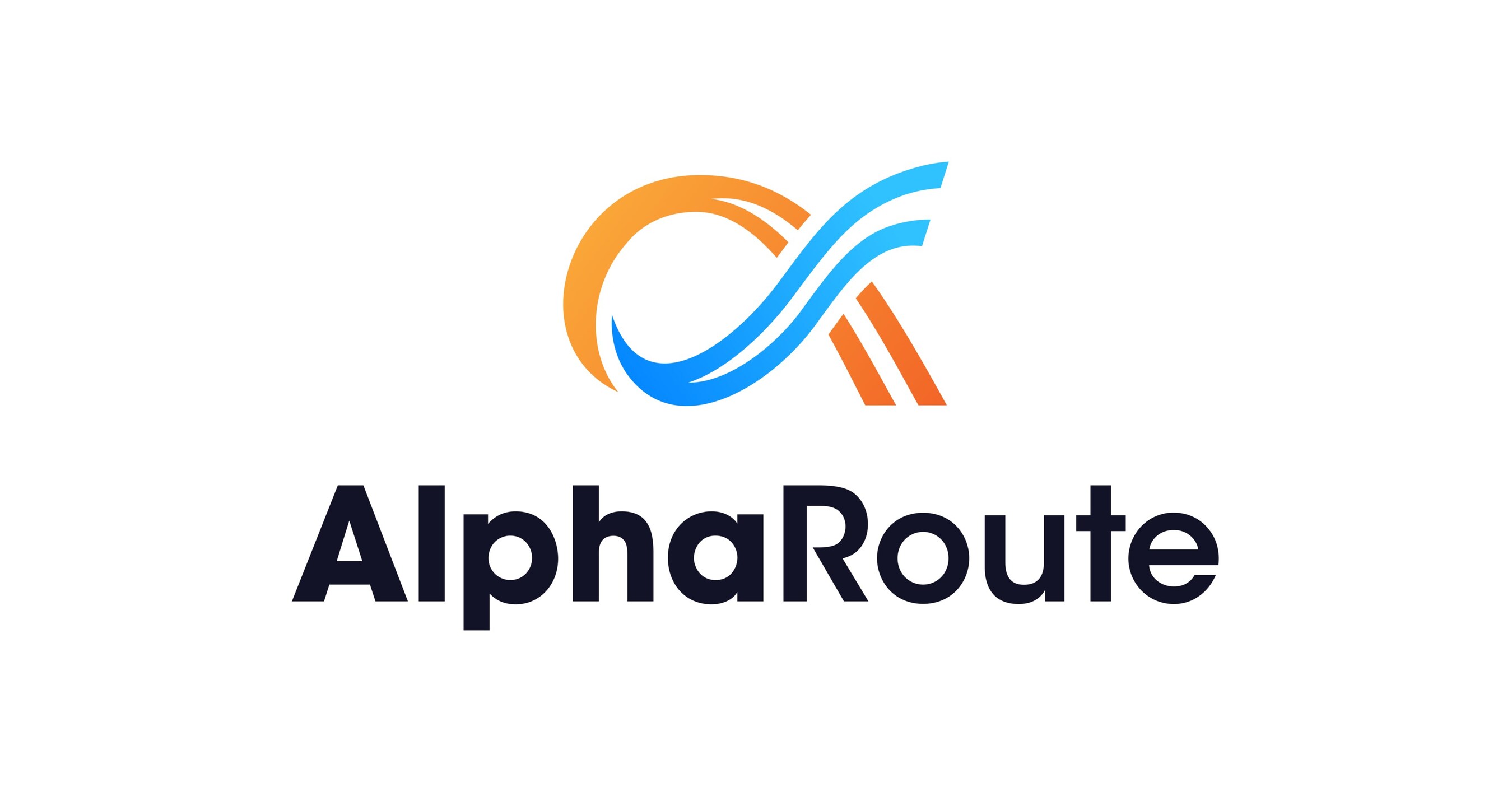
Healthcare AI integration is forcing medical schools to rethink training doctors, shifting from memorizing facts to developing skills that complement AI technology.
Artificial intelligence is creating some dramatic changes in health care.
Whether it’s helping doctors more quickly analyze medical images, suggesting more personalized treatment options, or helping biopharmaceutical companies develop new therapies, AI continues to entrench itself in all aspects of the industry.
That was one of the takeaways from Hartford HealthCare’s inaugural AI summit in August. Another is that the way physicians and healthcare technicians are trained also must change to keep up with the rapidly evolving use of the technology.
That point was raised during the summit by Dr. Nina Dutta, chair of Hartford Hospital’s Department of Medicine.
“AI is now integrated into all levels of what we do,” Dutta said. “I think that’s amazing, but it makes me think — what should we be doing in terms of training the physicians of the future? What is the skill set that they need?”
She noted that the medical training she and others received now seems somewhat antiquated.
“We were really taught to put a lot of knowledge in our brain and be able to spit it out, and the people that could spit out the most information were the best doctors,” Dutta said. “I don’t think that’s true anymore, but I’m not quite sure where we should be focusing people as we prepare for this future.”

Two summit panelists were from companies that provide AI-related systems for the healthcare industry: K Health co-founder and Chief Product Officer Ran Shaul and Aidoc CEO Elad Walach. They each had suggestions for improving medical training, with Walach suggesting doctors need to learn statistics, and Shaul arguing providers need to learn about algorithms.
“It’s going to be mandatory,” Shaul said. “In my mind, you need to understand the sensitivities of different models for different data types and work models. … That’s how you embed that in your thinking process. There’s no shortcut there.”
Dr. Padmanabhan Premkumar, senior vice president of Hartford HealthCare and president of HHC Medical Group, said he cautioned that doctors already are trying to deal with an overwhelming amount of information about patients.
“There’s just way too much information today for our clinicians to be able to function in front of a patient,” he said. “On the back end, we have to find some way of aggregating data that makes sense to us.”
Given the challenges it presents for both new and career physicians, medical schools and healthcare facilities are now looking at ways to integrate AI into their training.
Table of Contents
Toggle‘Aggressively transforming life’
Dr. Peter Yoo, Hartford HealthCare’s chief academic officer, says it’s clear that AI will continue to change how physicians work.

“It’s been said many times that we don’t anticipate that doctors will be replaced by AI,” Yoo said during a recent interview, “but doctors will be replaced by doctors who know how to use AI.”
Over the past two decades, he said, medical training has shifted from “needing to carry all of the knowledge of all of medicine in your mind at all times,” to having a general familiarity with the information available.
“Our youngest colleagues today are not necessarily reliant upon their memories at all times to recall information,” Yoo said. “What they need to do is understand how to access good information and make good judgments based on that.”
In the past, the development of the internet, searchable databases and online journals dramatically changed medical care and education, he said. The transformation happening now involves technology doing some of the information gathering and analysis previously performed by people.
‘A new colleague’
Dr. Barry Stein, HHC’s vice president and chief clinical innovation officer who founded the Center for AI Innovation in Healthcare, says training physicians to work with AI involves three key components.
First, pair “influential leaders” in a healthcare organization with younger clinicians and academic partners “to work on a problem that’s important to the clinician,” so they can “witness how the technology can help solve a problem they can’t solve,” he said.
Second, show physicians that the technology can go wrong, even in “a safe, organized environment,” Stein said.

For the third aspect, Stein cited a concept raised in the book, “Co-Intelligence,” written by Ethan Mollick of the Wharton School of Business at the University of Pennsylvania.
In the book, Mollick suggests considering AI as a “new colleague that you’re meeting for the first time,” Stein said. “Basically, what we say to our clinicians is, treat this technology like a new resident, like a new student. You don’t know what they know. You don’t know how dangerous they are. Use your critical thinking all the time to assess this new colleague.”
With those concepts in place, Hartford HealthCare is ready to help medical schools weave AI training into their curricula — a role it was recently invited to take on by Quinnipiac University’s Frank H. Netter MD School of Medicine in North Haven.
Proceed with caution
Dr. Lisa Coplit, interim dean of Quinnipiac’s medical school, said she recently met with Stein to discuss creating a required curriculum that integrates AI into medical education and patient care.
Coplit said AI is already transforming health care and education. Generative AI helps clinicians streamline workflows, expand access to care and “enrich learning for students,” she said.
“The next frontier, agentic AI, has the potential to reason independently,” Coplit said, “offering clinical decision support that can reduce errors and enhance diagnostic accuracy.”
But the healthcare industry also needs to approach AI with caution, she said.
“Issues of governance, safety, errors and the risk of cognitive deskilling are real and demand thoughtful oversight,” Coplit said. “That is why AI education must go hand-in-hand with a renewed emphasis on the human dimensions of medicine. No matter how advanced technology becomes, the heart of medicine is the human connection.”
Time for an upgrade
Dimitris Bertsimas, a vice provost and associate dean of business analytics at the Massachusetts Institute of Technology, has consulted with healthcare organizations for 30 years, including Hartford HealthCare over the past decade.
Bertsimas says medical training has not changed since the 1920s and is long overdue for an upgrade, which should include teaching future physicians the pros and cons of AI.
He noted that AI has made significant progress, for example, in reading mammograms “with overall higher accuracy than humans.” AI also can assist physicians in making a diagnosis, and improvements are being made in AI reading electrocardiograms, he said.
“We have a whole spectrum of AI curricula that are appropriate, and more are happening in minutes,” Bertsimas said. “I would say the knowledge base in a year would be significantly more than this year, and then in two years it will be even more, and the capabilities are stronger.”
link





More Stories
Sterilised packaging, a growing standard in food and healthcare
Conversational AI In Healthcare Market
Vesey Street Capital Partners Adds Three Seasoned Healthcare Industry Leaders to Strategic Advisory Board